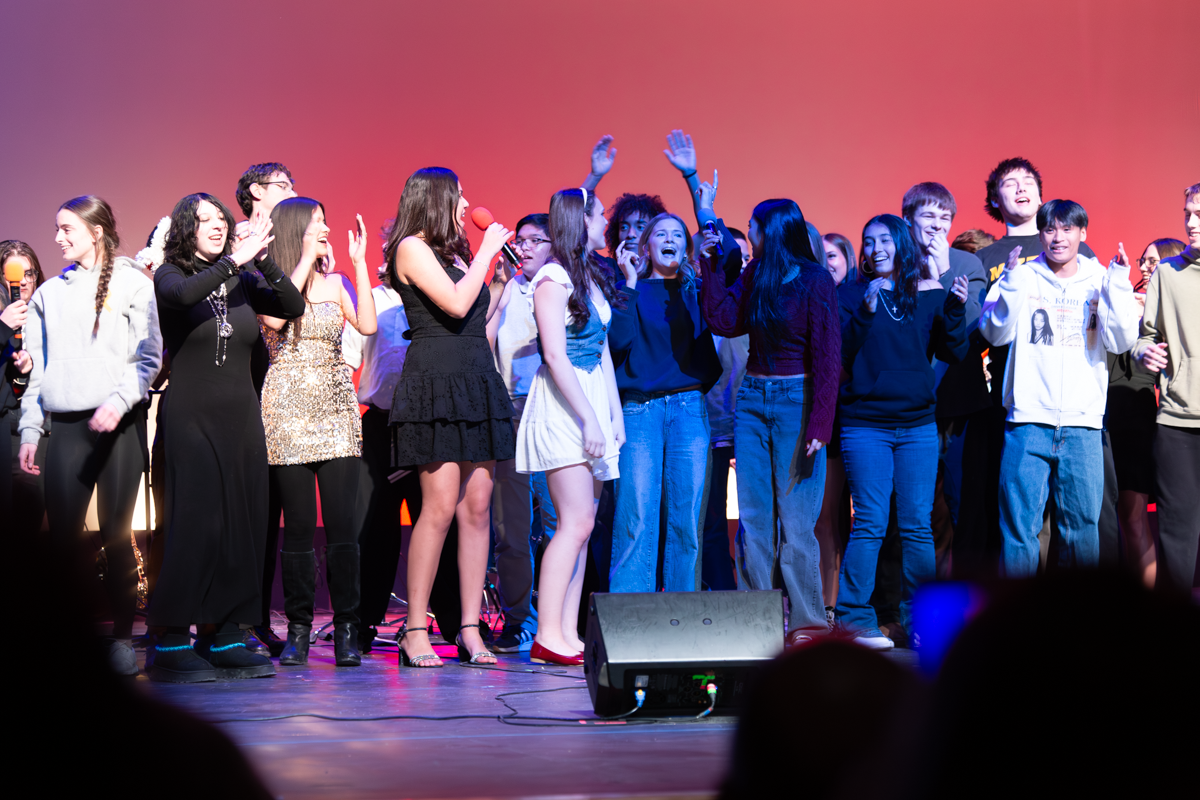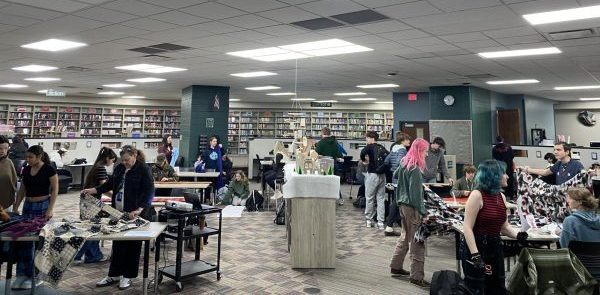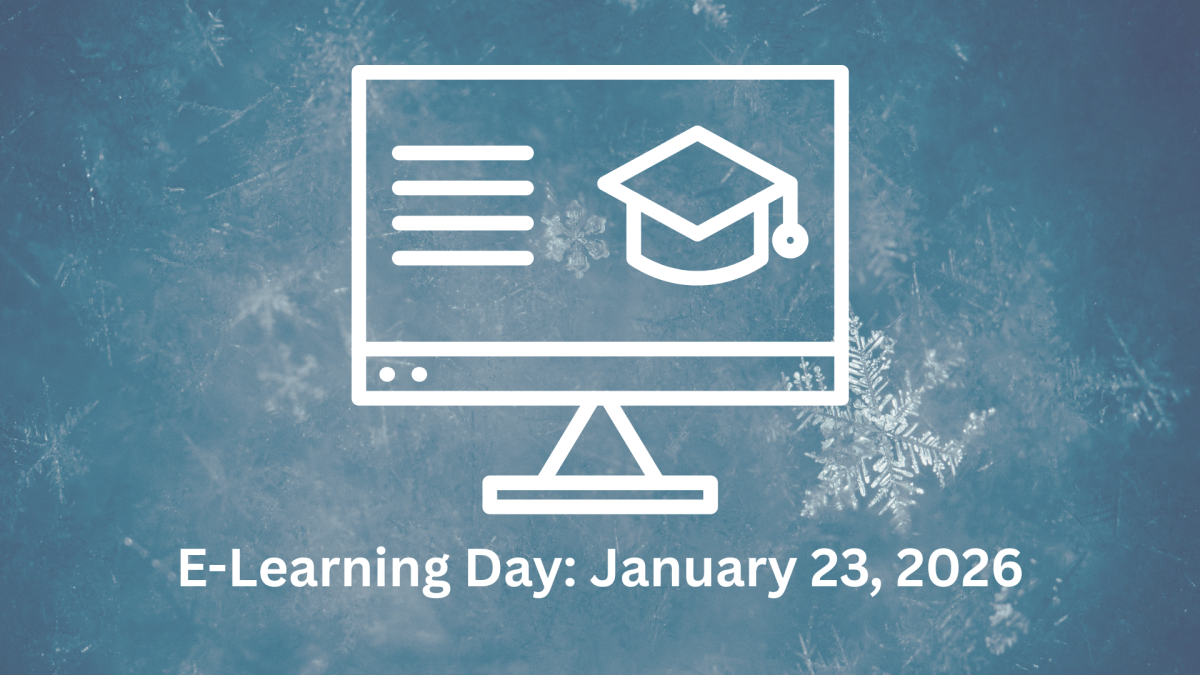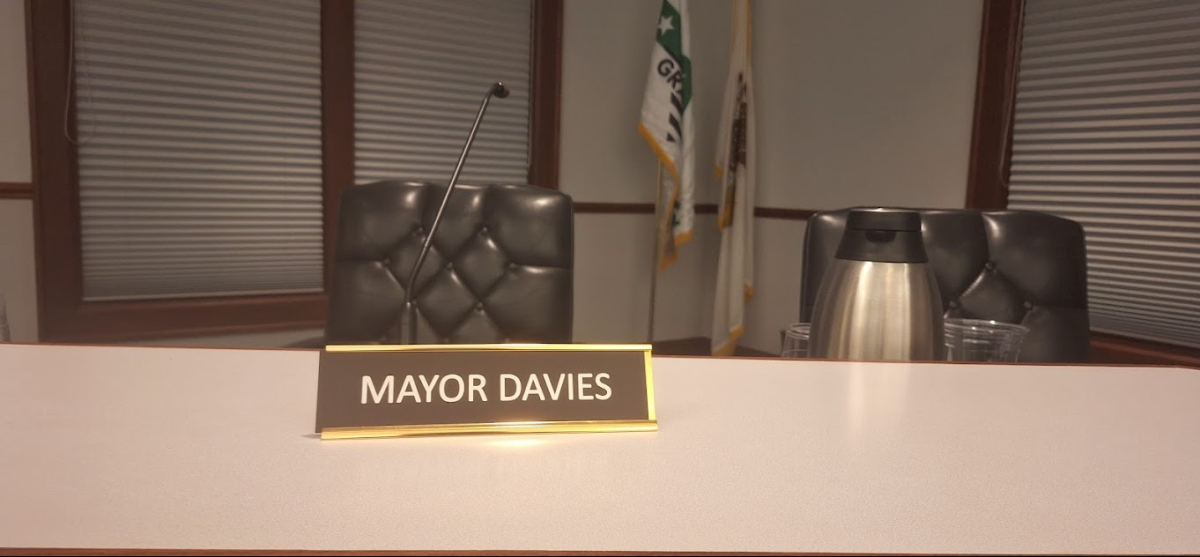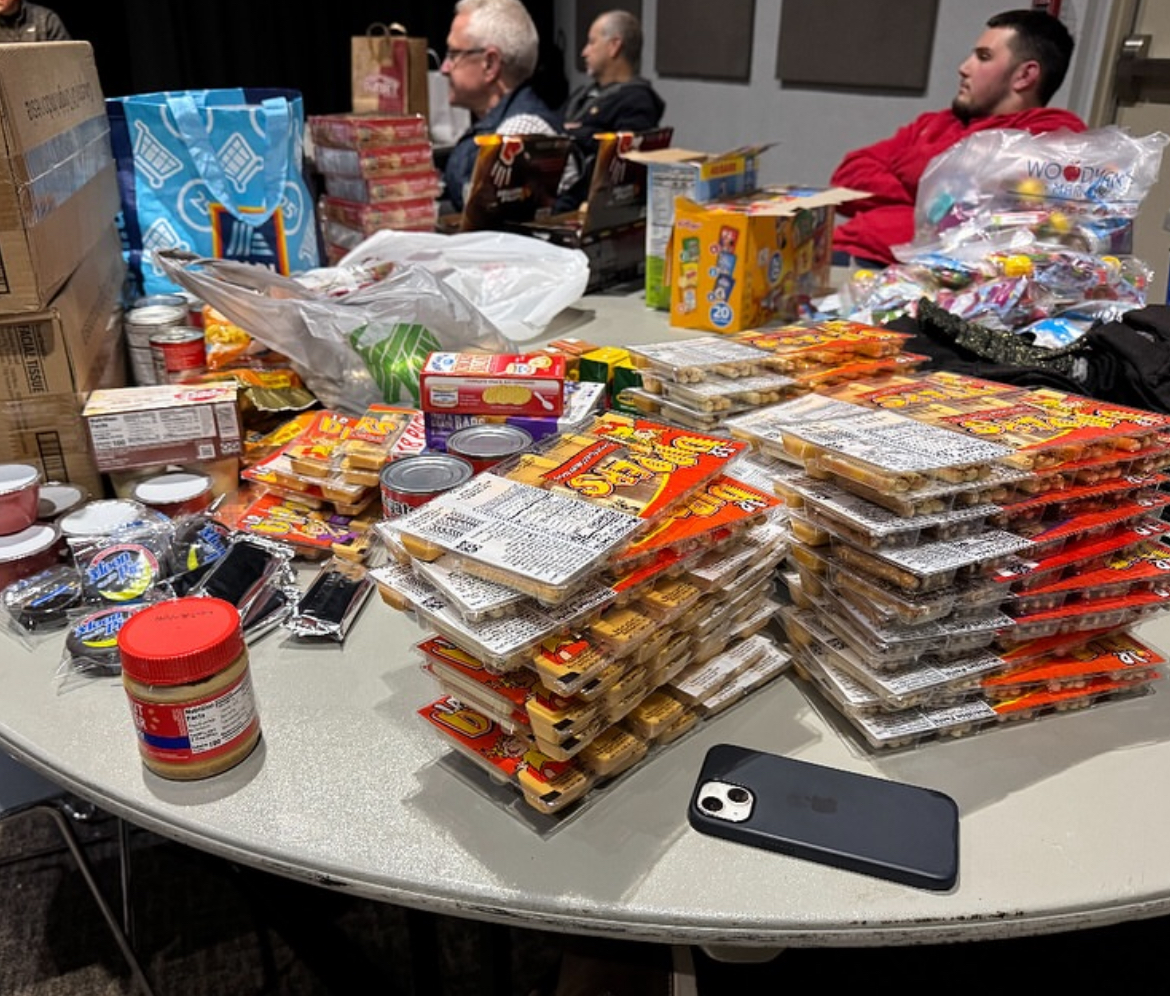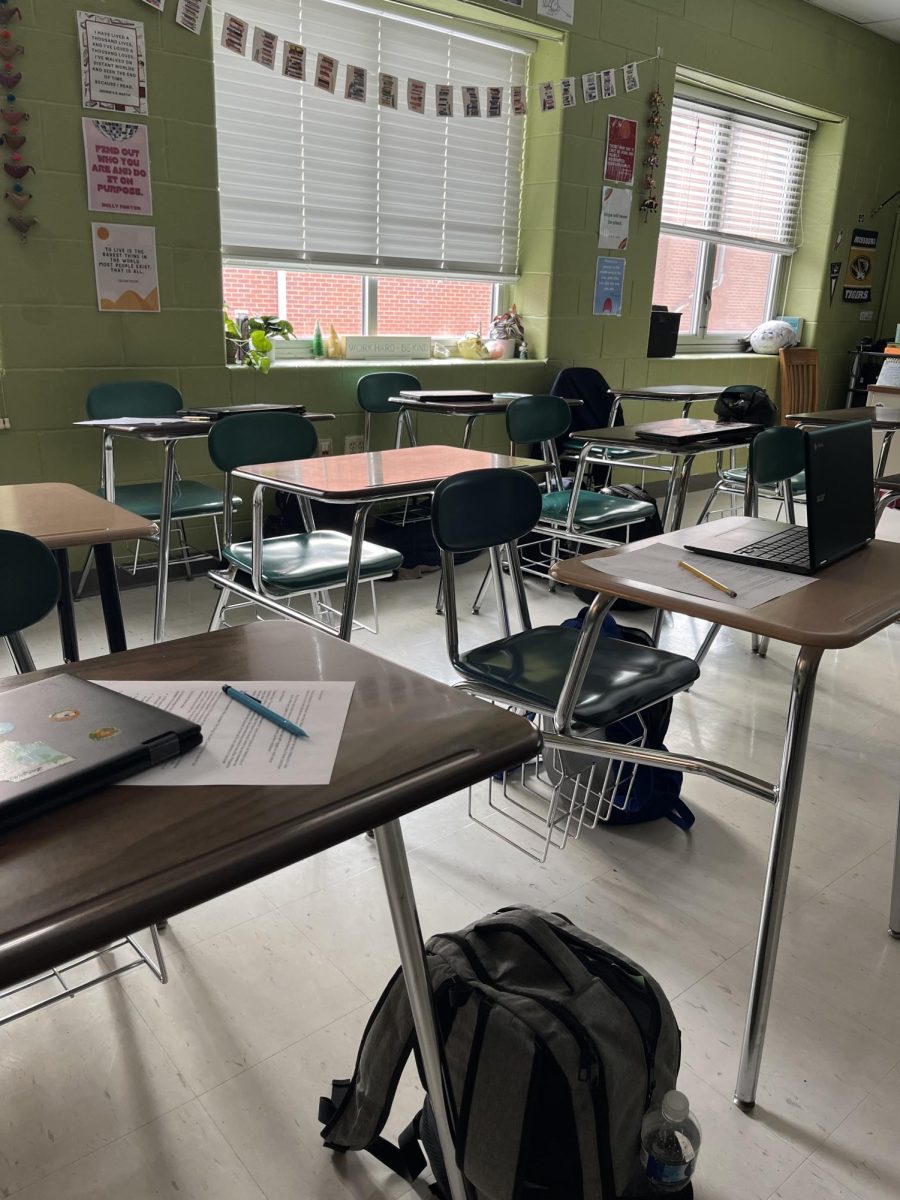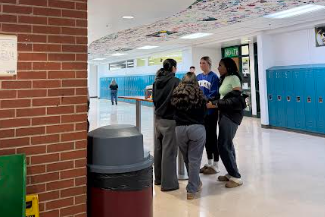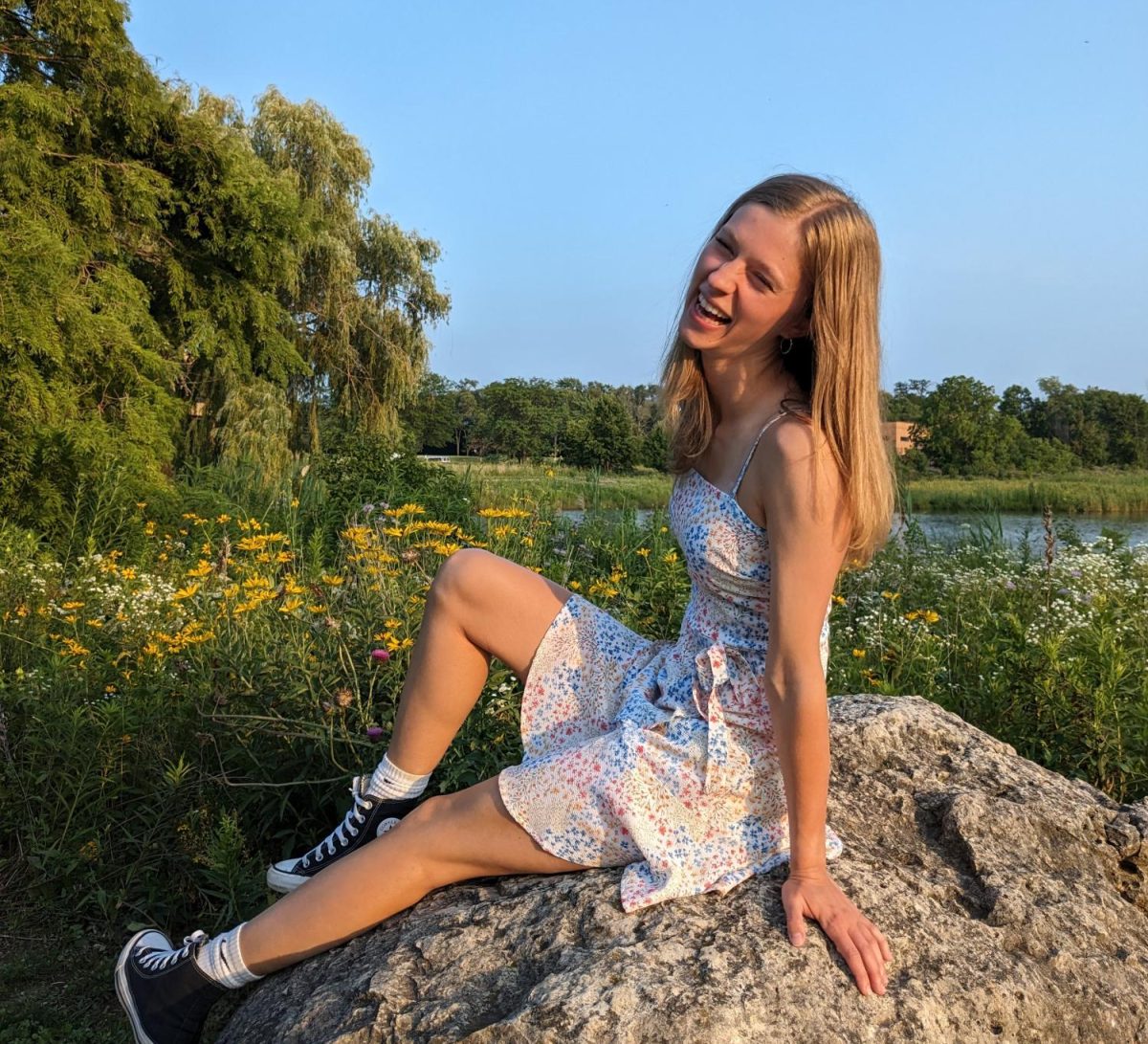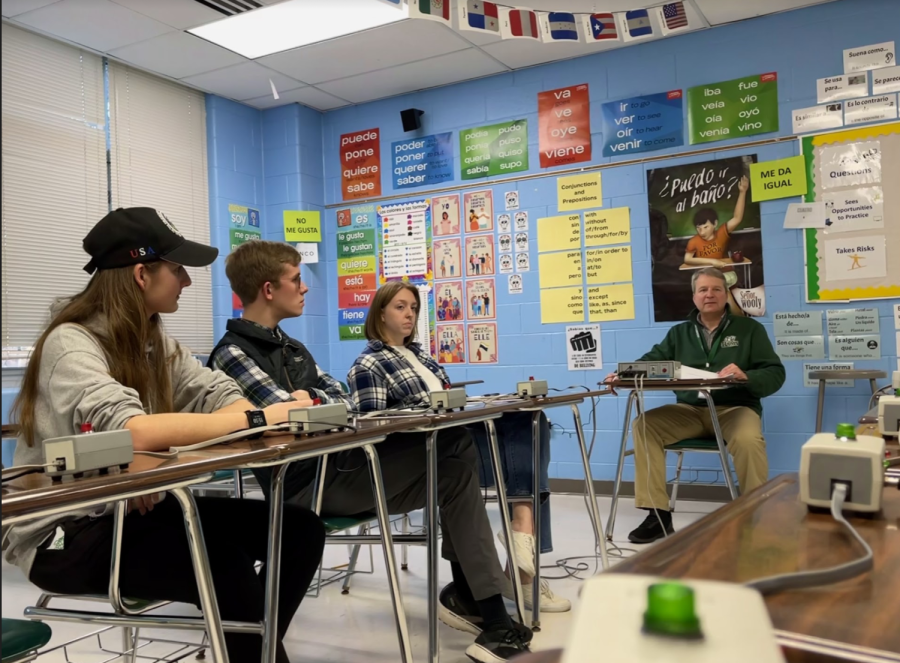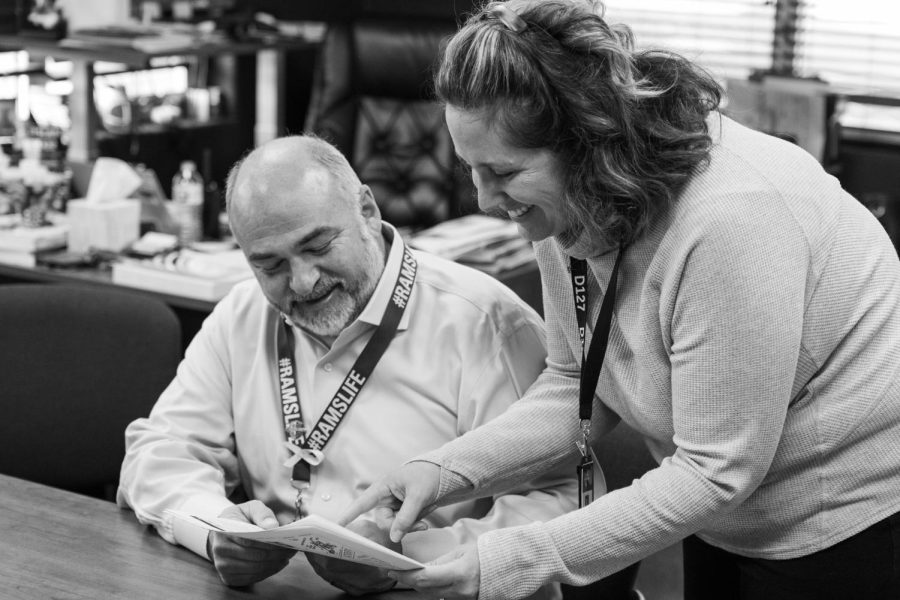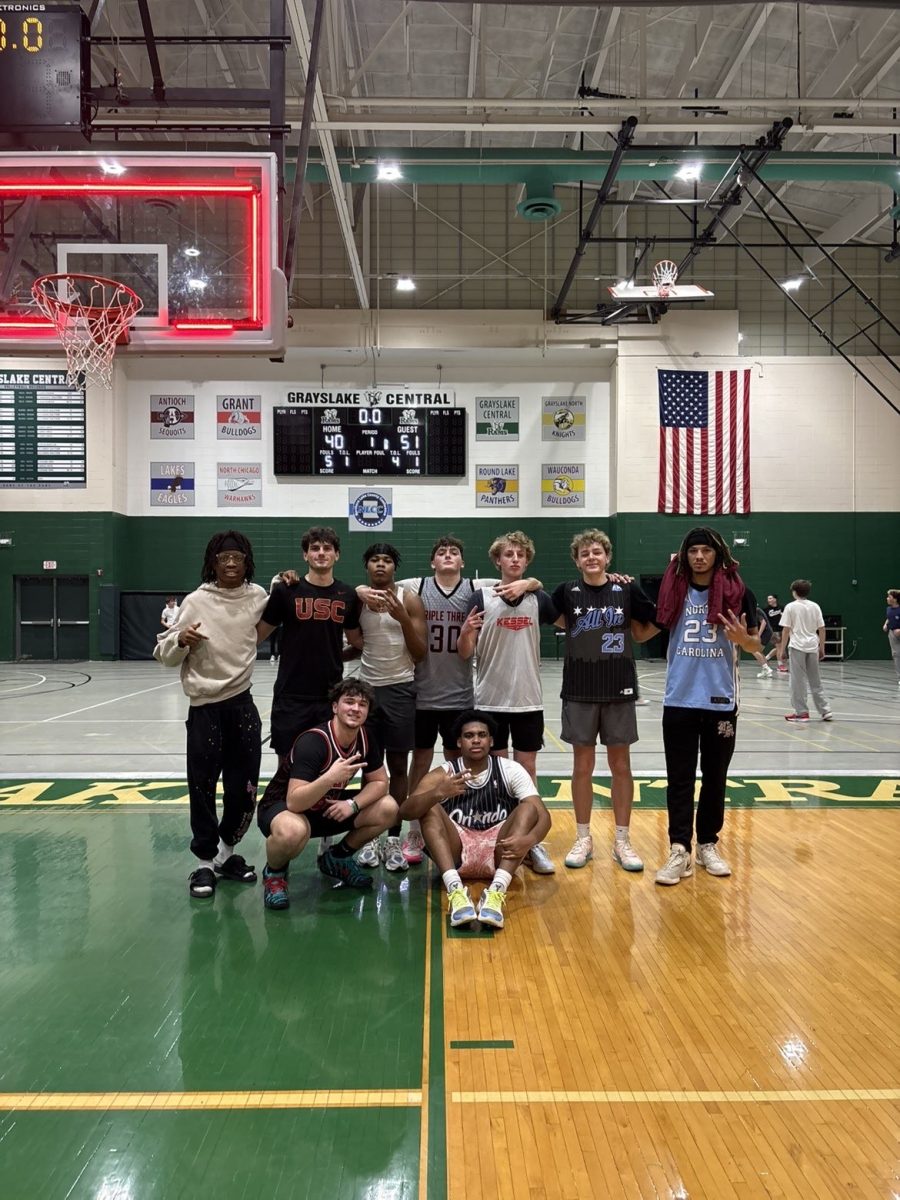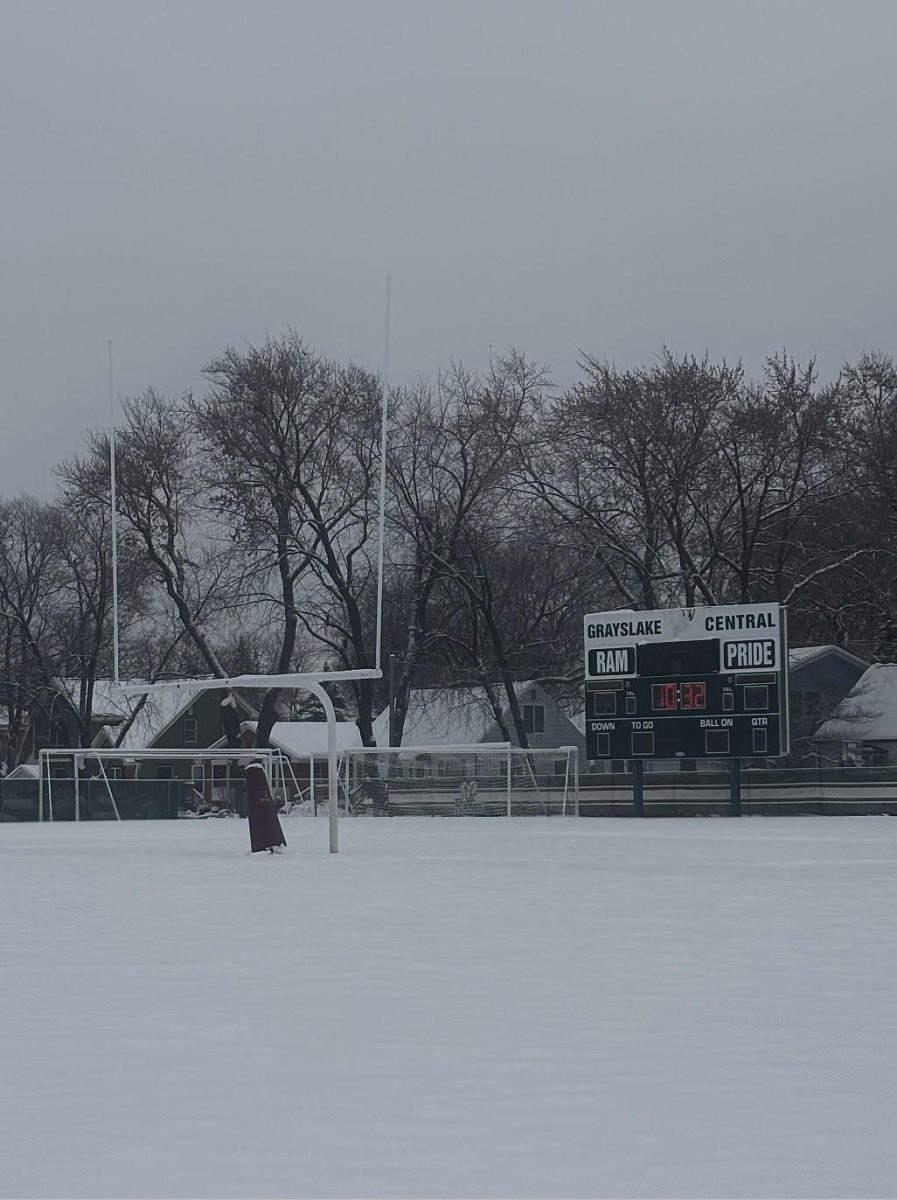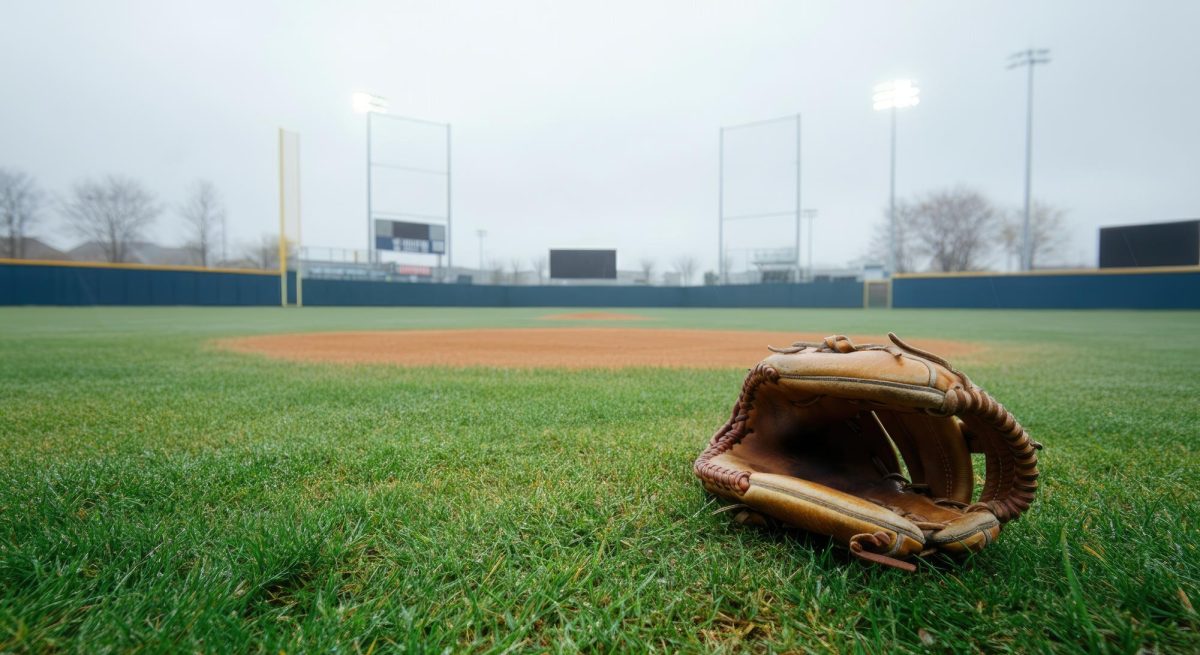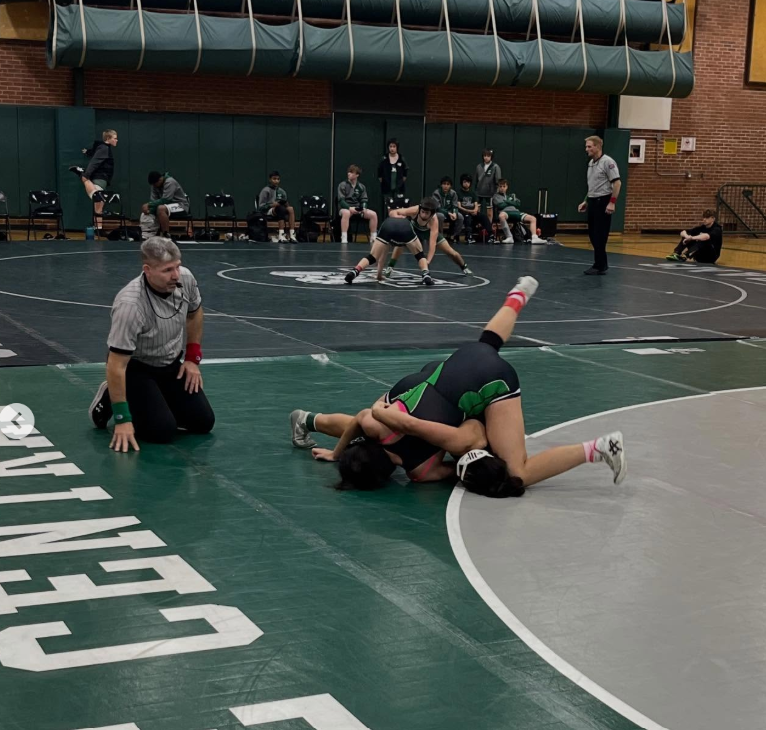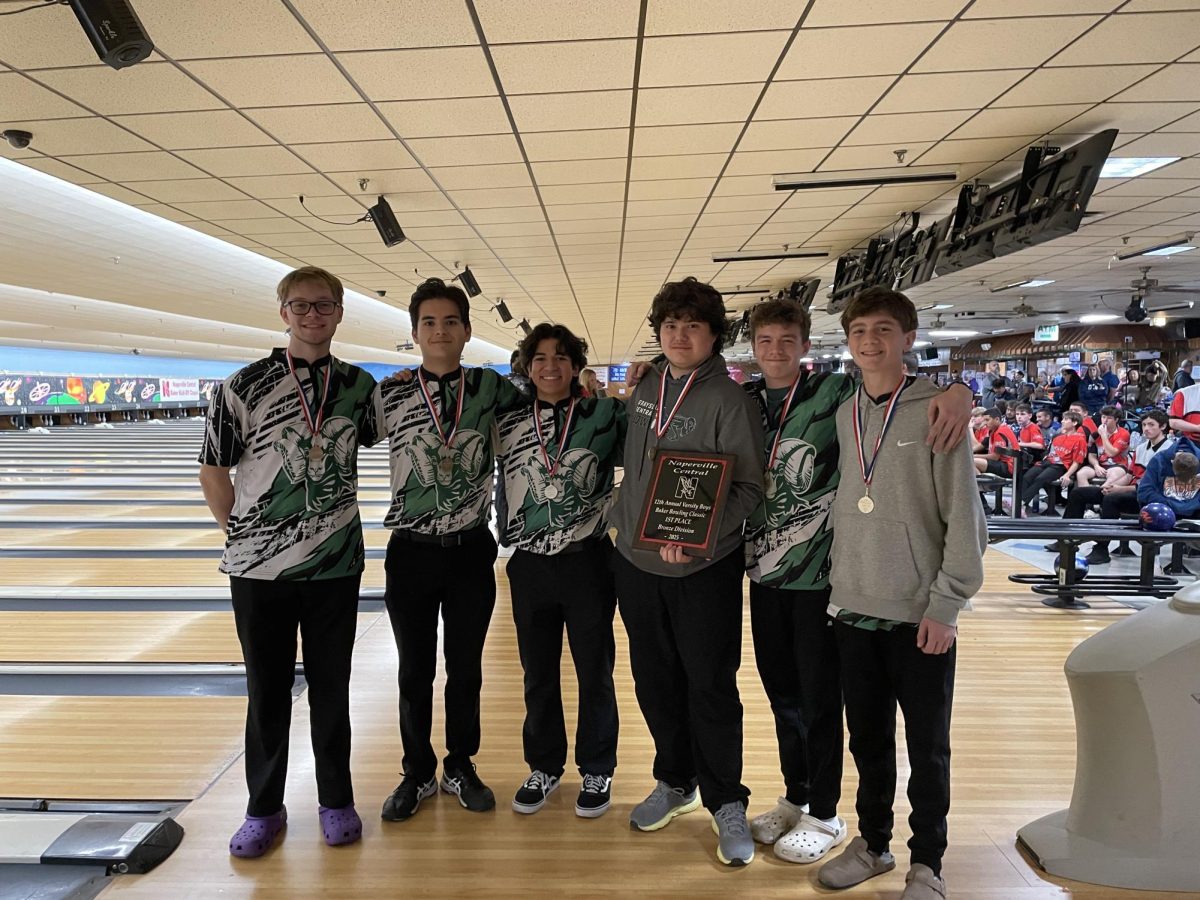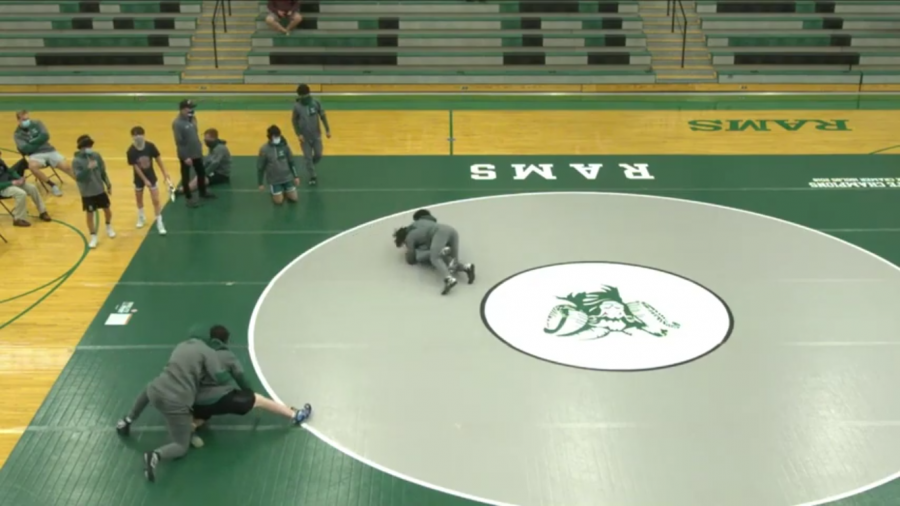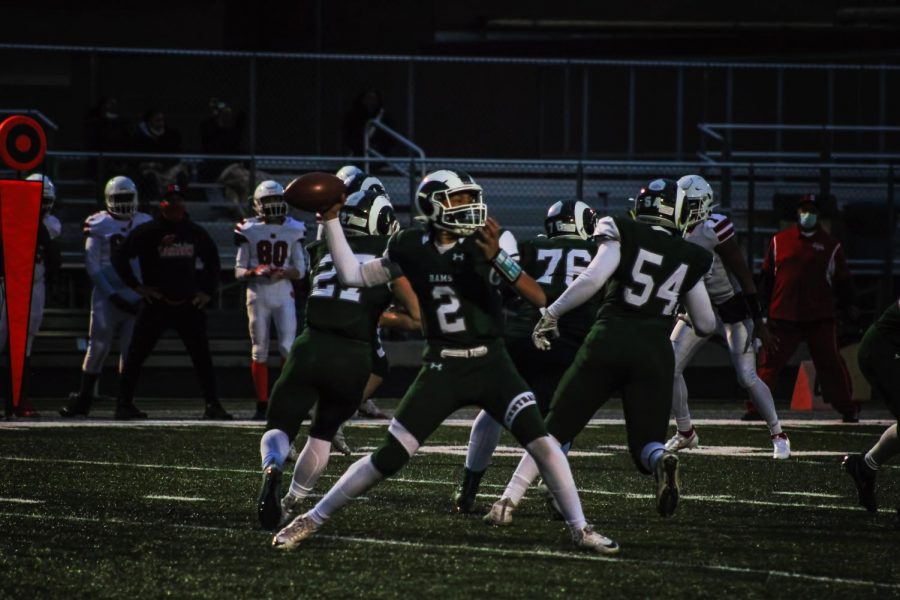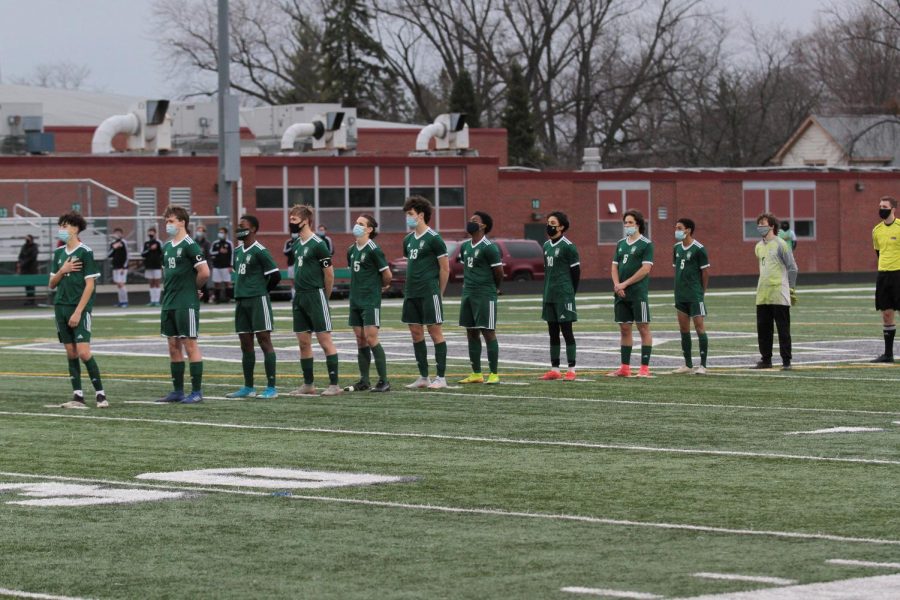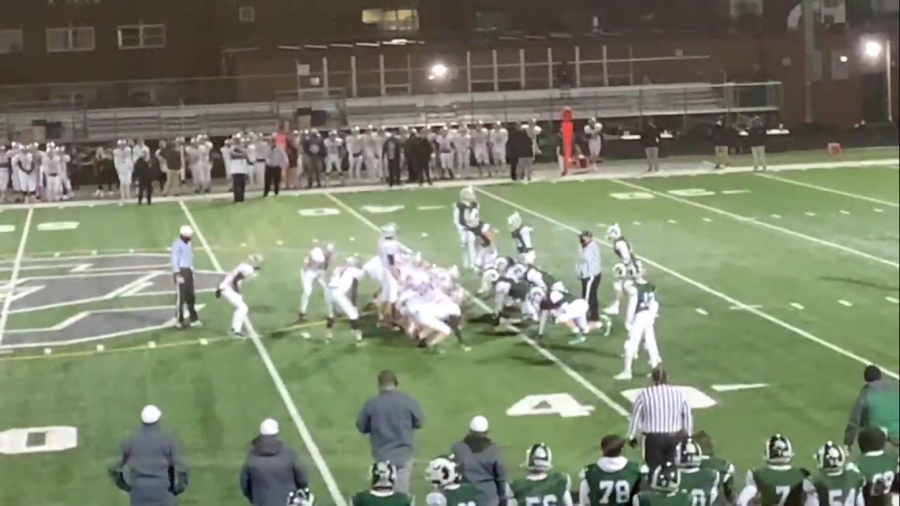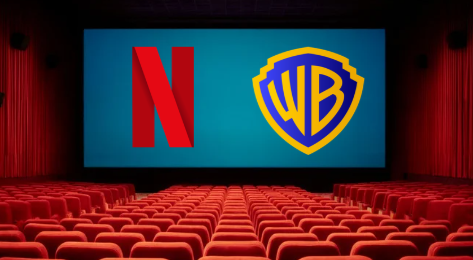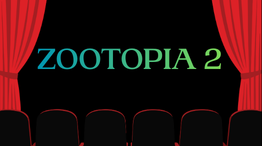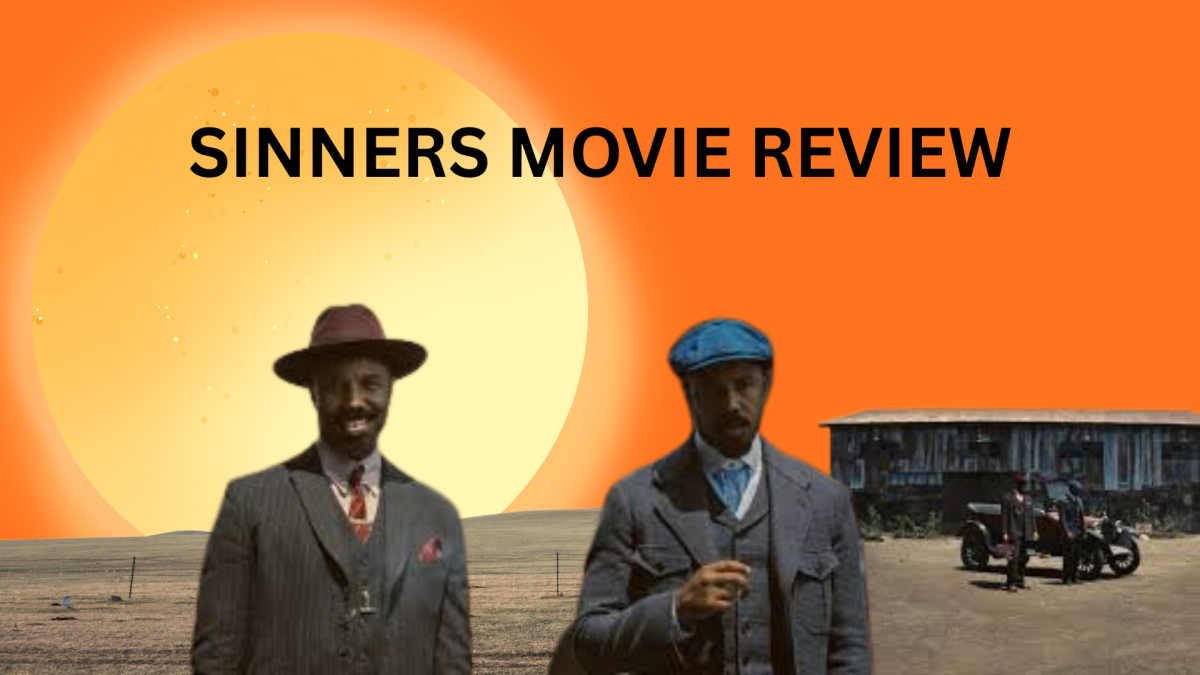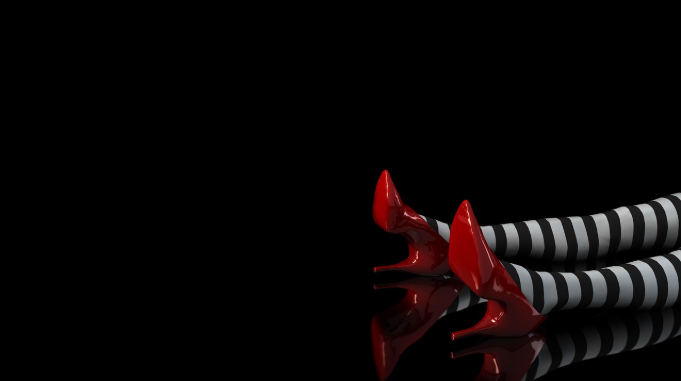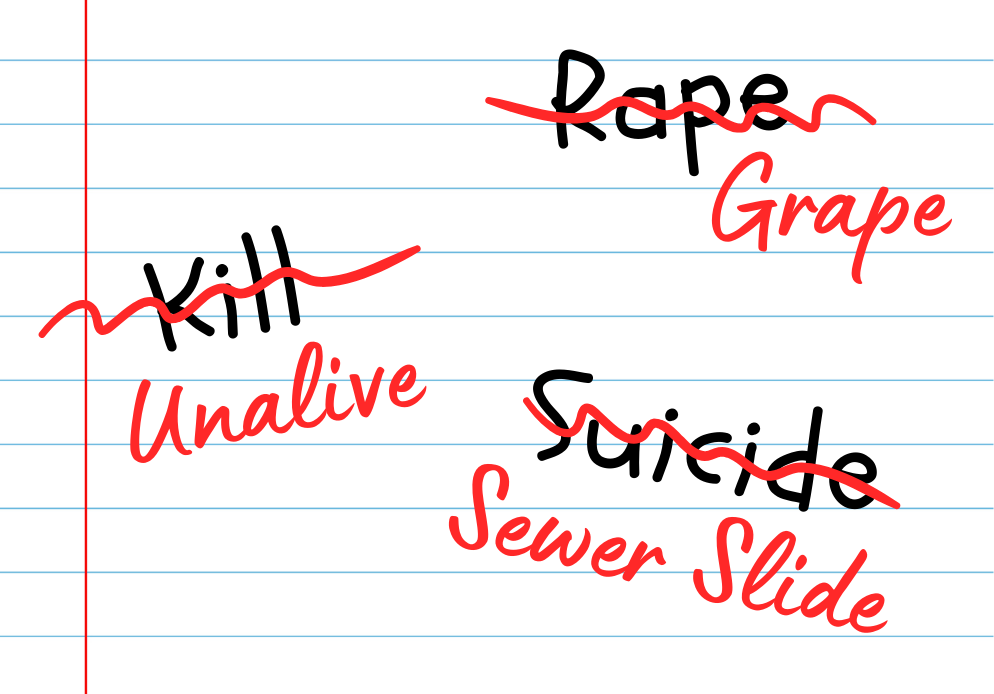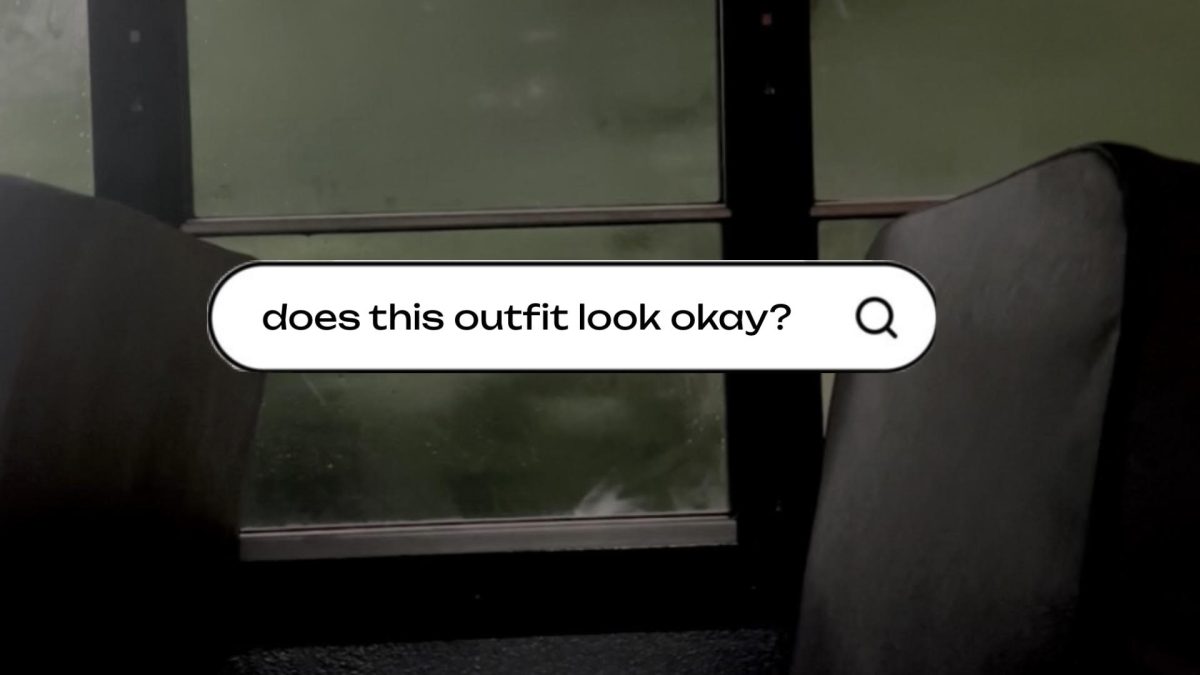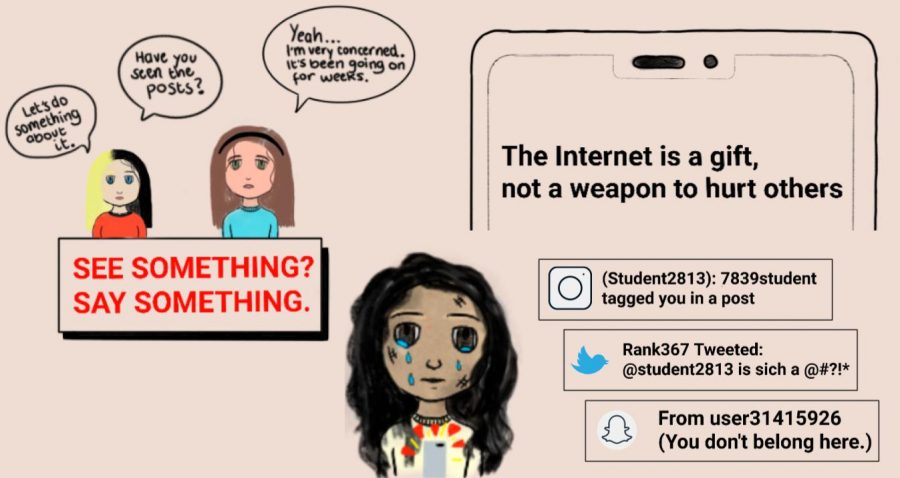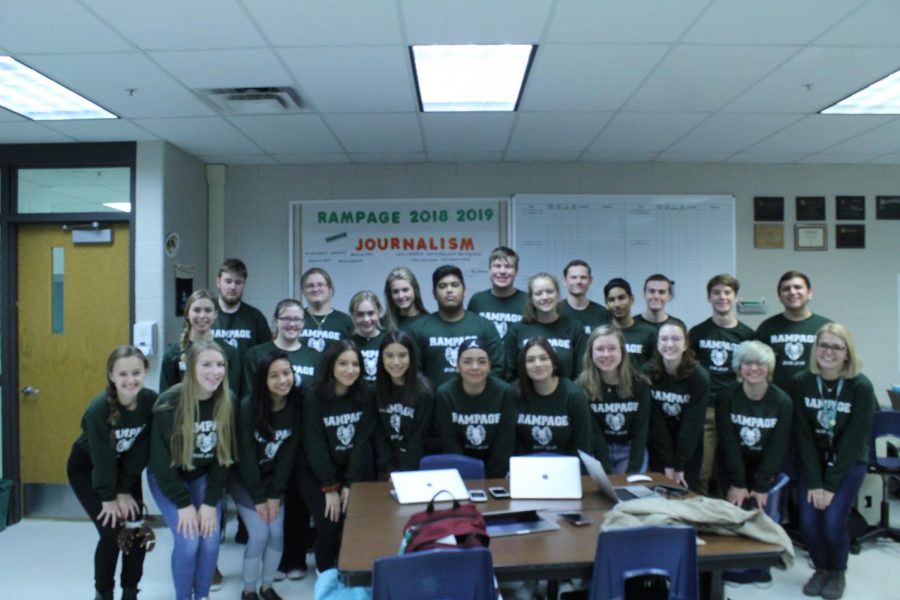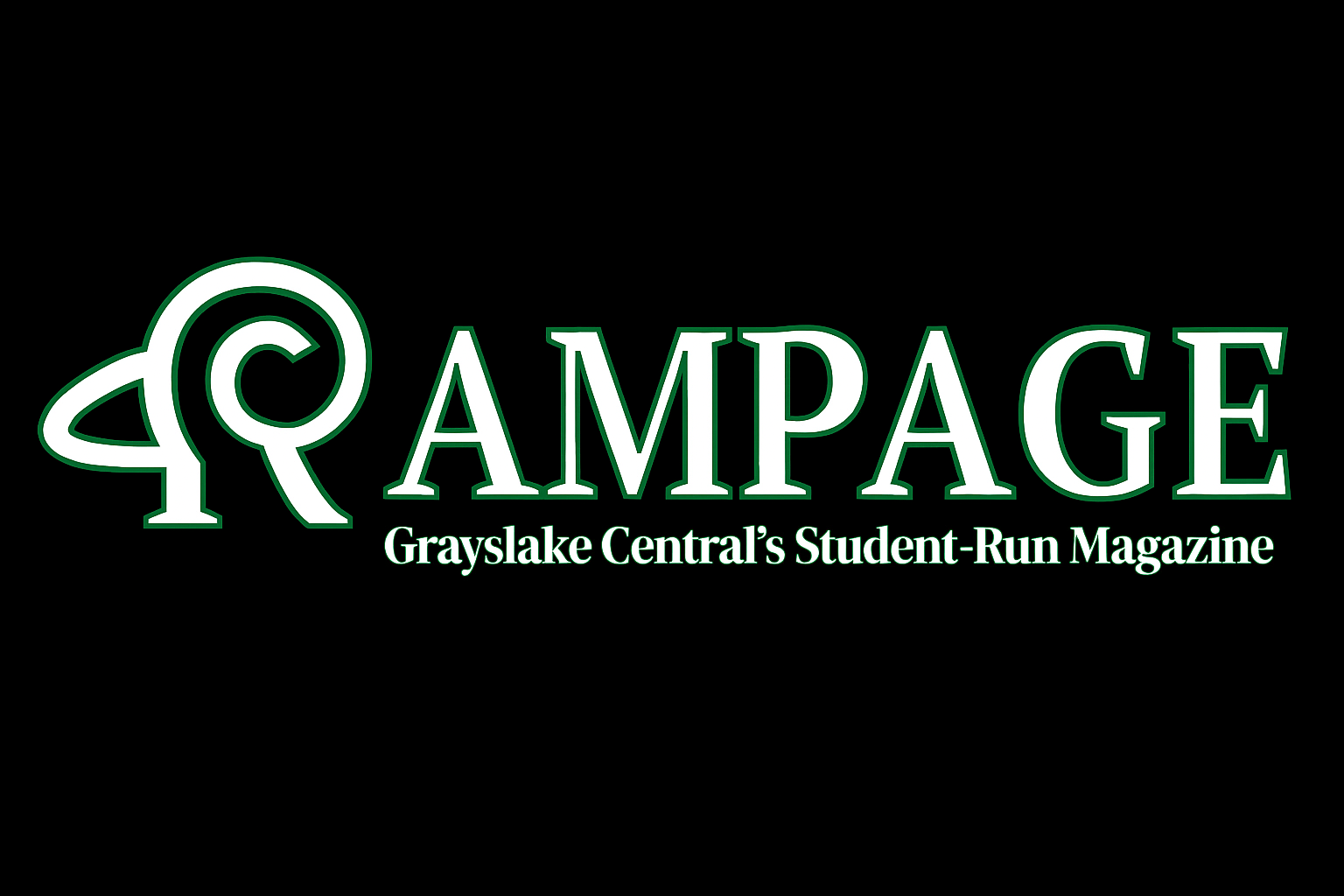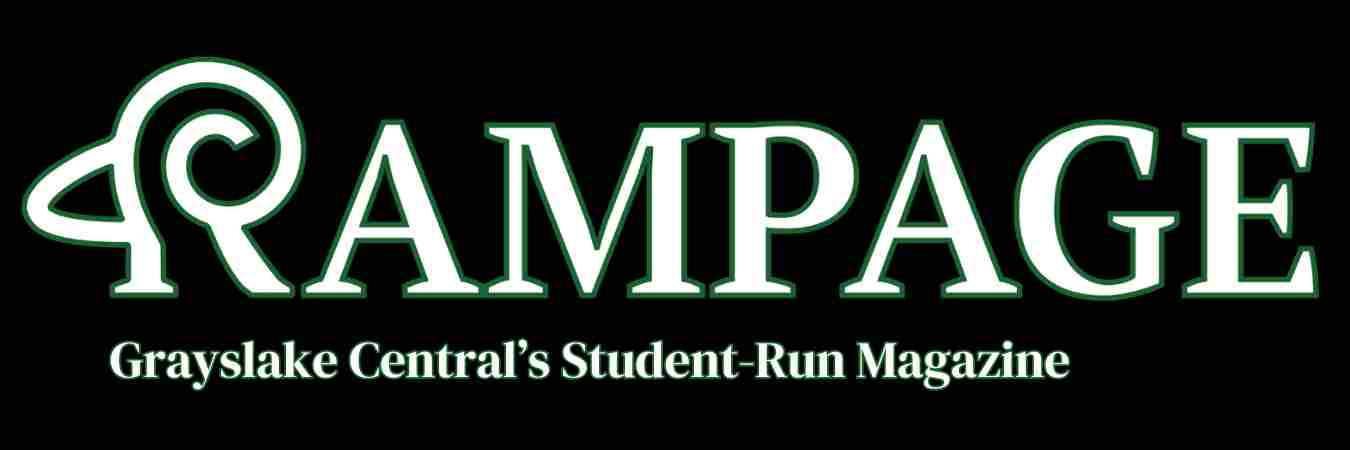School: students’ forum for political conversation
November 6, 2017
The controversy within the 2016 presidential election brought America’s attention to politics and the government. With so much buzz and plenty to talk about, there is little the students of Grayslake Central are learning about these current events.
“I’d argue that a lot of high school students don’t care about politics in the United States because they think the issues being discussed don’t have an impact on them,” said senior class president Avra Reddy. “It’s important that we teach students why politics matter, why marriage equality, and fighting racism, and combating sexism are relevant, and will remain relevant until we die.”
Similar to many public schools in the United States, Reddy believes Grayslake Central can do much more to teach students about politics and it’s important in everyone’s lives.
With access to the internet and social media sources, it is easier than ever to learn and discover more about the American government. This allows for those who are not only affected by issues in the United States to converse and cause effective change, but also for those who do not have any personal attachment to a controversial topic to learn more about it.
One of the reasons many people are deterred from politics is knowing that controversy and debates will most definitely follow suit between political parties.
“I don’t think it’s as important to teach students about democratic and republican policies, but I’d rather we teach students about sexism, racism, global warming, and other topics in modern day America,” said Reddy. By teaching an individual about the policies that affect themselves and those around them, his or her interest may be peaked, causing the individual to learn more about the current political climate.
While the school may not be teaching much about current government issues, the past is covered time and time again.
“I’ve learned about past politics and past presidents, but nothing about current politics,” said senior Emma Strong.
With social studies classes focused solely on the history of the United States, it’s hard for students to learn exactly what is happening in their country without reaching to outside sources. Many students have suggested that the school create a class specifically for politics, but this may be an issue when it comes to budgeting on the administrative end.
“The school hasn’t affected the way I see politics. If anything, social media affects me the most,” said Strong. This can change, though. By incorporating more about the government within history classes, students can rely on the education system to teach them what they need to know about politics.
This also removes the problem of having unreliable sources that feed false or distorted news into mainstream media, as fiction and bias can be filtered through so that only facts reach the student body.
“Politics is essentially the art of discussing real world issues that impact us everyday. I think that Central has done a good job of trying to integrate political issues into their curriculum, but we still have a long way to go,” said Reddy. She believes that by creating a generation of learners and thinkers, people will begin to care about their surroundings.
Reddy stresses that teaching individuals what impacts them, and addressing these issues, will ultimately leave the United States as better off.
Grayslake Central, while not quite at the point many want it to be, has taken some steps in its curriculum to teach students about the current political climate.
“During this past election, my history teacher, Mr. Roeck, did a very good job being unbiased and having the students take a more philosophical approach to understanding the outcomes of certain hypothetical situations,” said senior Zack Reese. “I believe it is important to remain unbiased when teaching about politics which can often be difficult.”
Grayslake Central does teach about the government, but this class cannot even be taken by a student until they are a senior, leaving the years before for students to fend for themselves. The school must make more accommodations for the students who are passionate in this field, and for those who wish to learn more about politics and the government.
“The school could form a young Republicans club, young Democrats club, and provide spots anywhere in between to represent your political beliefs within the school,” said senior Michael Sisk. “If we weren’t afraid to debate heated topics of current issues we may actually learn from one another and benefit from multiple viewpoints coming together.”

